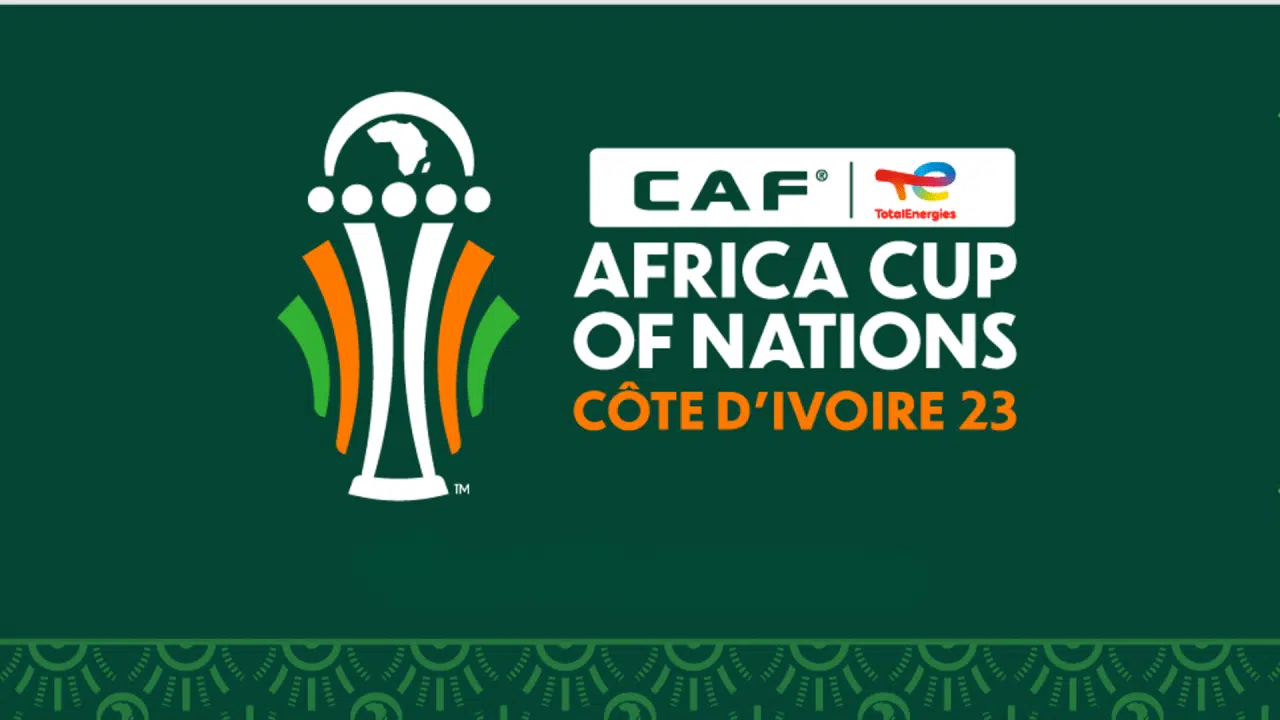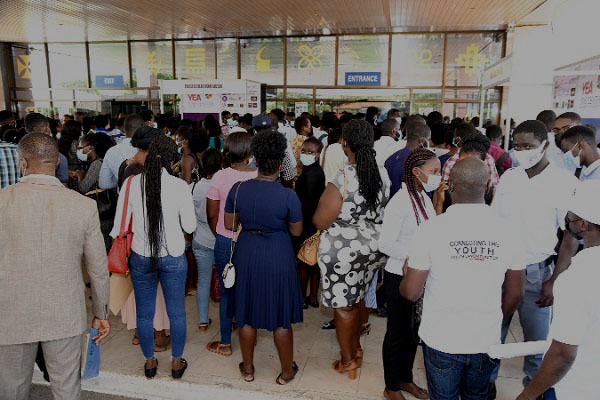Football, often regarded as the world’s most popular sport, goes beyond being a source of entertainment; it catalyses positive change, particularly in underdeveloped nations like those in Africa. This article explores how football contributes to the economic and social development of African countries, focusing on its role in promoting love, unity, employment opportunities, economic growth, and socio-cultural benefits.
AFCON 2023
The eagerly anticipated 34th edition of the African Cup of Nations, known as AFCON 2023 or CAN 2023 and sponsored by TotalEnergies, is currently taking place in Ivory Coast. This biennial football tournament, organised by the Confederation of African Football (CAF), promised to be a thrilling showcase of talent, camaraderie, and sportsmanship. Initially planned as the third edition since 2019 to be held during the Northern Hemisphere’s summer, the tournament’s primary objective was to minimise scheduling conflicts with European club teams and competitions. This move aimed to ensure the participation of top-tier African players and maintain the tournament’s competitive edge. On 3 July 2022, CAF announced a pivotal decision to postpone the tournament from its original summer dates. The decision was prompted by concerns over adverse summer weather conditions in Ivory Coast, where the tournament was set to be hosted. To address these challenges, the AFCON 2023 was rescheduled to take place from 13 January to 11 February 2024, marking a shift from its traditional summer timeframe. This adjustment echoes a similar move made for the 2021 edition in Cameroon, which was also shifted to the Northern Hemisphere’s winter season due to weather-related concerns. The decision reflects CAF’s commitment to ensuring optimal playing conditions for the participating teams and the safety and enjoyment of fans attending the matches. Ivory Coast is hosting the AFCON for the second time, with the last occasion being in 1984. The nation’s rich footballing history, combined with its vibrant culture and passionate fan base, creates an ideal backdrop for the continent’s premier football event. The tournament’s return to Ivory Coast is a testament to the country’s capability to host world-class sporting events.
In Africa, football is more than just a sport. It is a rallying call. It is a platform that fosters oneness. There is something, almost spiritual about football for Africans. And it comes with a myriad possibilities and good tidings.
- Breaking Down Barriers, Promoting Love, Unity and Togetherness:
In culturally diverse countries like Nigeria and Ghana, football has proven to be a powerful force that brings people together, transcending barriers of language, religion, and nationality. And it is the same in most African countries. Football has the unique ability to foster a sense of unity among diverse populations, creating a shared passion that overrides differences. Tournaments and matches become platforms for people to connect, breaking down societal divides and reinforcing the idea that, on the football field, everyone is united by a common love for the game. Football, thus, in a way, is a leveller of sorts, which bonds the rich and poor; young and old; male and female; and high and low in a way that very few things can. It helps to ease political, ethnic, cultural and even adversarial tensions. The love of the game in Africa translates into the love of one another, irrespective of socio-cultural, political and religious background. It is the one language that every African understands. It is the one song that every African sings. It is the one religion that every African belongs to. When people are happy for a common reason, inter-ethnic divisions are mended; political strife and frosty war relations are warmed and religious suspicions are relegated to the background. For instance, it is a well-known document historical fact that on December 25, 1914, World War I stopped for a football game. It was called the Christmas Truce. On that day, fighters on the western line played “friendly matches” with those on the opposite barricade on no-man’s-land. This evidently demonstrates the power that football, or for that matter, sports wield in bringing warring factions together and engendering peace – even if momentarily. Football or sports, in general, is, therefore, of immense security importance to any community, nation, or continent in maintaining peaceful coexistence and mitigating the otherwise devastating effects of strife – be they inter-ethnic, between nations or continent-wide. - Employment Opportunities:
The rise of football as a profession also opens up numerous employment opportunities in various fields. Football clubs not only employ players but also professionals in psychology, marketing, treatment, coaching, and more. This diversification of roles creates a ripple effect, generating jobs for individuals who contribute to the sport’s ecosystem. Moreover, the production of football-related merchandise and sponsorship deals with large organisations further boosts employment and stimulates economic growth. It provides an avenue for young talented people to rise to the stardom, such as in the case of Senegal’s Sadio Mane, who rose from abject poverty to overnight riches through football and is now giving back to his community and country by embarking on numerous development and charity projects. But for football, Sadio Mane’s talent would have gone to waste and his country would not have anything to benefit from the international footballer who now earns as much as 40 million euros. So football transformed Mane’s life and he, in turn, is using his wealth gained from the sport, to transform the lives of his community, nation and other young people, who could have been tempted to go into robbery, cyber fraud, drug use, or other criminal activities to survive. Youth who are employed in the football or sports industry are hardly likely to get involved in social vices and crimes. This, therefore, helps to reduce the security risks associated with teeming unemployed youth in any country. Having a sense of purpose greatly helps to deter the youth from, for example, being recruited into terrorist cells and criminal gangs which threaten the national security of any nation. - Huge Economic Boost:
Football’s impact on the economy goes beyond the employment it generates. Hosting major tournaments, such as the Africa Cup of Nations (AFCON), brings substantial economic benefits to the host nation. Infrastructure upgrades, increased tourism, and a surge in economic activities in sectors like hospitality and entertainment contribute to a significant financial boost. For instance, Egypt reportedly made $83 million from hosting the 2019 AFCON, showcasing the economic potential associated with football events. The participating teams and players also make a lot of money during football tournaments such as the AFCON. African players also get to showcase their talent to the world and attract signings from international football clubs, mostly in Europe, where the football market is valued at $22 billion. The joy and emotional fulfillment derived from football competitions, particularly those involving national teams, contribute to social cohesiveness. Happy individuals are more productive, potentially leading to increased GDP. Multisport events, like the African Games, not only promote sports participation but also enhance civic virtues through increased volunteerism. The hosting of such events also improves the global perception of the host city, encouraging investment and further contributing to its development.
Conclusion:
Football’s influence in Africa extends far beyond the pitch, playing a pivotal role in promoting peaceful co-existence, economic development, and societal progress. As nations continue to invest in and embrace the sport, the benefits will likely multiply, fostering a brighter and more interconnected future for the continent. The hosting of major football events exemplifies Africa’s commitment to leveraging the sport for positive change, making it not only a game of skill and passion but also a powerful tool for unity and prosperity.






























